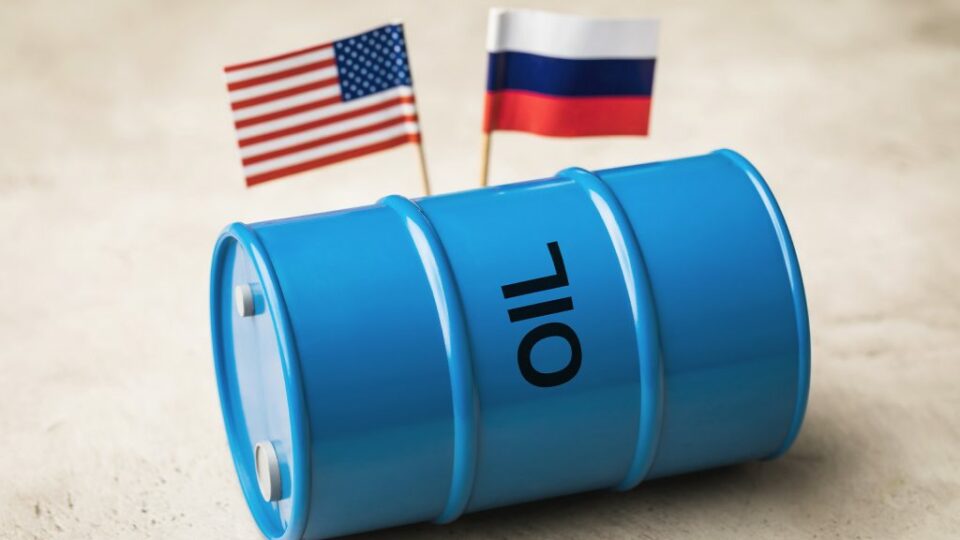As global food and commodity prices surge, nations are turning inward to protect their own food security. For emerging economies, inflation has a particularly nasty bite.
Key Takeaways:
- Gold has climbed back above $1,850/oz on a weakening U.S. dollar.
- The United Nations reported a 70% increase in global food prices since the beginning of COVID-19.
- Egypt’s wheat crisis may be warning us of the hardships that lie ahead in developing nations.
Gold Finds Footing
After struggling to perform in April and May, gold finally found some support just below $1,800/oz. The price bounced off its Point of Control, which is the price level with the highest trading volume in a certain time period (in this case, the last two years).
A plummeting stock market and record-high inflation have certainly supported the price. However, gold has faced a more immediate obstacle over the last few months: a rising dollar. Fortunately for gold investors, the dollar’s year-long surge might finally be taking a breather.
Food Wars
When a person living in a developed economy thinks about inflation, they may focus on its impact on the stock market or their savings account. Not trivial, but for the most part, very few lives are at stake.
People in developing nations do not share that luxury. For those living near the poverty line, inflation can be a life-or-death situation. According to the United Nations, global food prices have increased by 70% since the beginning of COVID-19. The impact of higher food prices goes beyond the stock market…we are talking about food security, mass starvation, social uprising, and war.
Egyptian Wheat Crisis
Egypt may be a canary in the coal mine for the impending hardships in developing nations. Egypt, the world’s largest wheat importer, used to bring in 80% of its wheat supply from Ukraine and Russia. Nearly three-quarters of Egypt’s population lives on the government’s subsidized bread program. Now, the government can’t get any bread.
Egypt is seeking funds from International Monetary Fund to help cover costs, but the food supply just keeps dwindling. Recent history shows the chaos that can emerge from food crises (the 1977 Egyptian bread riots come to mind, as well as the Arab Spring in the early 2010s).
Never before has the global economy been so deeply interconnected. Globalization has created unprecedented levels of human flourishing, but also increased nations’ dependence on each other. Globalization is being pulled like a rug from under our feet, placing all that human flourishing at risk. The International Monetary Fund calls it “economic fragmentation.”
Protectionism
The destructive side effects of inflation have forced nations to turn inward. In a recent Bloomberg article, Low De Wei outlined some recent examples of nations restricting food exports:
- “Malaysia just announced a ban on chicken exports, causing consternation in Singapore, which gets a third of its supplies from there.”
- “India has moved to curb wheat and sugar shipments, Indonesia has limited palm oil sales, and some other nations have issued grain quotas.”
These policies are known as protectionism. Most nations will prioritize their own citizens over their commitments to global cooperation. As commodity and food prices continue to rise, let’s hope individual nations can develop robust systems for food security and economic stability. The transition might be more painful than we think.
Secure gold savings, without the excessive fees
Your weekly gold market commentary comes from our internal team of researchers and technical experts. Vaulted gives modern investors access to physical gold ownership at the best cost structure in the industry. With personal advising from industry experts and access to premier precious metals strategies, Vaulted is the key to life-long financial prosperity. Start protecting your portfolio today.
As always, thank you so much for reading – and happy investing!
Additional Resources:
Supply Woes Raise Recession Risk as Fed Rejects Inflation Nuance (Yahoo Finance)
Global food crisis looms as fertilizer supplies dwindle (National Geographic)
Rising Global Food Protectionism Risks Worsening Inflation (Yahoo Finance)
The Next Crisis to Hit Markets May Be About Liquidity (Bloomberg)
IMF Warns Against Economic Fragmentation From War in Ukraine (Yahoo Finance)











